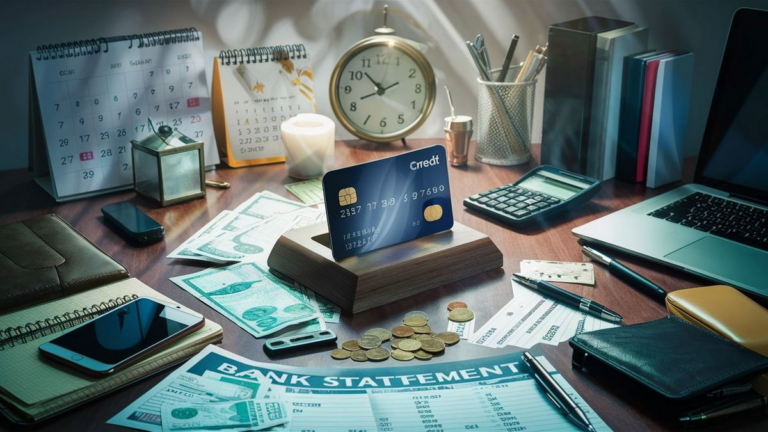When it comes to managing your finances effectively, understanding the best time to pay your credit card can significantly impact your financial health. Timing your credit card payments can influence your credit score, minimize interest charges, and optimize your cash flow. In this comprehensive guide, we delve into the factors to consider and strategies to determine the optimal time to settle your credit card bill.
Factors Influencing the Best Time to Pay Your Credit Card
Several factors come into play when determining the ideal timing for paying off your credit card balance:
- Due Date: The due date is the deadline by which you must make your credit card payment to avoid late fees and negative impacts on your credit score.
- Statement Closing Date: This is the date when your billing cycle closes, and your statement is generated. Understanding this date is crucial for managing your credit utilization ratio.
- Payment Posting Time: Different credit card issuers have varying policies on how quickly they process payments. Knowing the payment posting time can help you avoid late payments.
- Interest Calculation Method: Credit card companies may use different methods to calculate interest, such as the average daily balance method or the daily balance method. Understanding this can help you minimize interest charges.
Strategies for Determining the Best Time to Pay Your Credit Card
Now that we’ve outlined the key factors, let’s explore some strategies to optimize the timing of your credit card payments:
- Pay Before the Due Date: To avoid late fees and negative impacts on your credit score, aim to pay your credit card bill before the due date.
- Pay After the Statement Closing Date: Paying your balance after the statement closing date can help lower your credit utilization ratio, which positively impacts your credit score.
- Take Advantage of Grace Periods: Many credit cards offer a grace period between the end of the billing cycle and the due date. Utilize this period to manage your cash flow effectively.
- Consider Your Spending Patterns: Analyze your spending habits and cash flow to determine the most convenient time to pay your credit card bill.
Benefits of Timing Your Credit Card Payments Wisely
By understanding and optimizing the timing of your credit card payments, you can enjoy several benefits:
- Improved Credit Score: Timely payments and optimal credit utilization can positively impact your credit score over time.
- Reduced Interest Charges: Paying your balance strategically can minimize interest charges, saving you money in the long run.
- Better Cash Flow Management: Timing your payments can help you align your credit card bill with your income, making it easier to manage your finances.
Timing your credit card payments intelligently is a crucial aspect of financial management. By considering factors such as due dates, statement closing dates, and payment posting times, you can optimize your payments to benefit your credit score and financial well-being. Utilize the strategies outlined in this guide to ensure that you’re paying your credit card bill at the best time for your financial situation.
Understanding Credit Card Billing Cycles
Understanding your credit card billing cycle is essential for effective payment management. Here are some key points to know:
- Start Date: The billing cycle begins on the day after the previous cycle’s end date.
- End Date: The billing cycle ends on the statement closing date.
- Length: Billing cycles typically last for about 30 days but can vary depending on the credit card issuer.
How to Track Your Billing Cycle
Keeping track of your billing cycle ensures timely payments and effective financial planning. Here’s how:
- Set Reminders: Use calendar alerts or mobile apps to remind you of important billing cycle dates.
- Check Statements: Regularly review your credit card statements to stay updated on your billing cycle dates and transactions.
Frequently Asked Questions
Here are some commonly asked questions about credit card payments:
| Question | Answer |
|---|---|
| Can I change my credit card due date? | Yes, many credit card issuers allow cardholders to change their due dates to better align with their financial schedules. |
| What happens if I miss my credit card payment due date? | Missing your credit card payment due date can result in late fees, increased interest rates, and negative impacts on your credit score. |
| Is it better to pay the full balance or the minimum amount? | Paying the full balance is ideal to avoid accruing interest charges. However, if unable to pay in full, paying more than the minimum amount helps reduce interest costs. |
See also:






